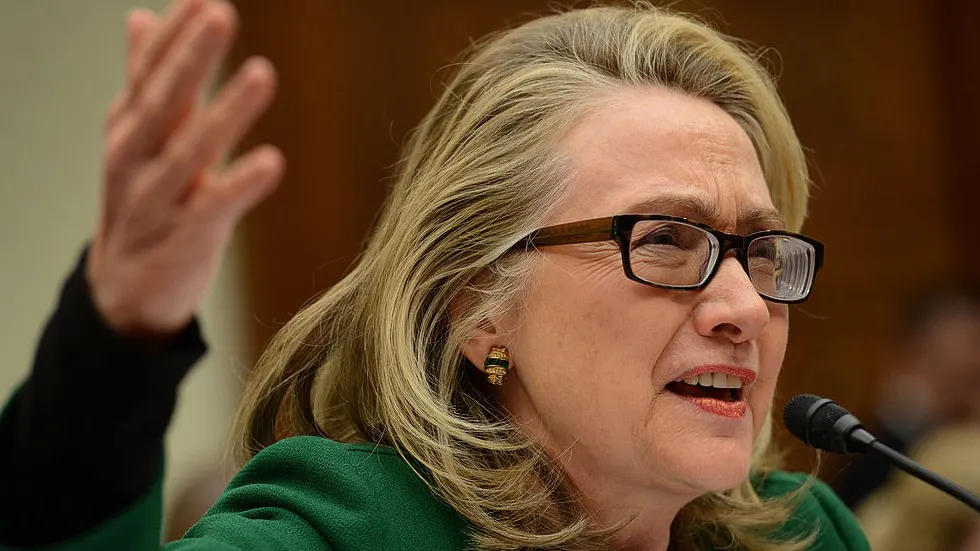Article II, Section 4 of the Constitution says: “The President, Vice President and all civil Officers of the United States, shall be removed from Office on Impeachment for, and Conviction of, Treason, Bribery, or other high Crimes and Misdemeanors.”
And Article I, Section 3 says:
The Senate shall have the sole Power to try all Impeachments. When sitting for that Purpose, they shall be on Oath or Affirmation. When the President of the United States is tried, the Chief Justice shall preside: And no Person shall be convicted without the Concurrence of two thirds of the Members present.
Judgment in Cases of Impeachment shall not extend further than to removal from Office, and disqualification to hold and enjoy any Office of honor, Trust or Profit under the United States: but the Party convicted shall nevertheless be liable and subject to Indictment, Trial, Judgment and Punishment, according to Law.
What’s been going on in the Senate for the last week is apparently no impeachment trial. Chief Justice John Roberts is not presiding. Donald Trump isn’t president. In fact, he’s already been removed from office — by the American voters.
There are still questions about whether a former president can be impeached, and even constitutional scholars disagree about the issue, but one of the former president’s lawyers said the process now underway will set a dangerous precedent that could lead to other former officials being impeached even after leaving office.
In a question and answer period in Trump’s trial on Friday, Sen. Marco Rubio (R-FL) asked lawyer Michael van der Veen if the current trial of Trump “would create a new precedent” for other former officials — including former Secretary of State Hillary Clinton.
“Is it not true that under this new precedent, facing calls to ‘lock her up,’ a future House could impeach a former Secretary of State and potentially disqualify her from any future office?” Rubio asked.
“If you see it their way, yes,” van der Veen said, referring to the House Democratic impeachment managers. “This could happen to … the former secretary of state. It could happen to a lot of people. That’s not the way this is supposed to work.”
Rep. Jamie Raskin (D-MD), the lead impeachment manager, said the hypothetical question “has no bearing on this case.”
“This official was not impeached in office for conduct while in office,” he said without mentioning Clinton‘s name.
A final vote on Trump’s conviction or acquittal is expected about 3 p.m. on Saturday but could be pushed until Sunday if either side seeks to call witnesses. Conviction of Trump requires two-thirds of senators present to offer “guilty” votes. Normally, two-thirds is 67 senators, which would require 17 Republican votes.
If Trump is convicted, there would be a subsequent vote on whether to ban him from holding further office. This would require only a simple majority. While the Senate is split 50-50 between the two parties, Vice President Kamala Harris votes in the case of a tie.

.png)
.png)
.png)

